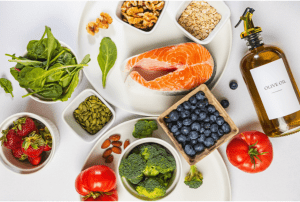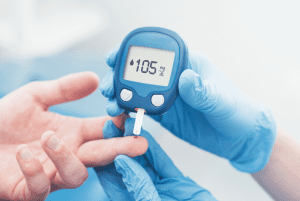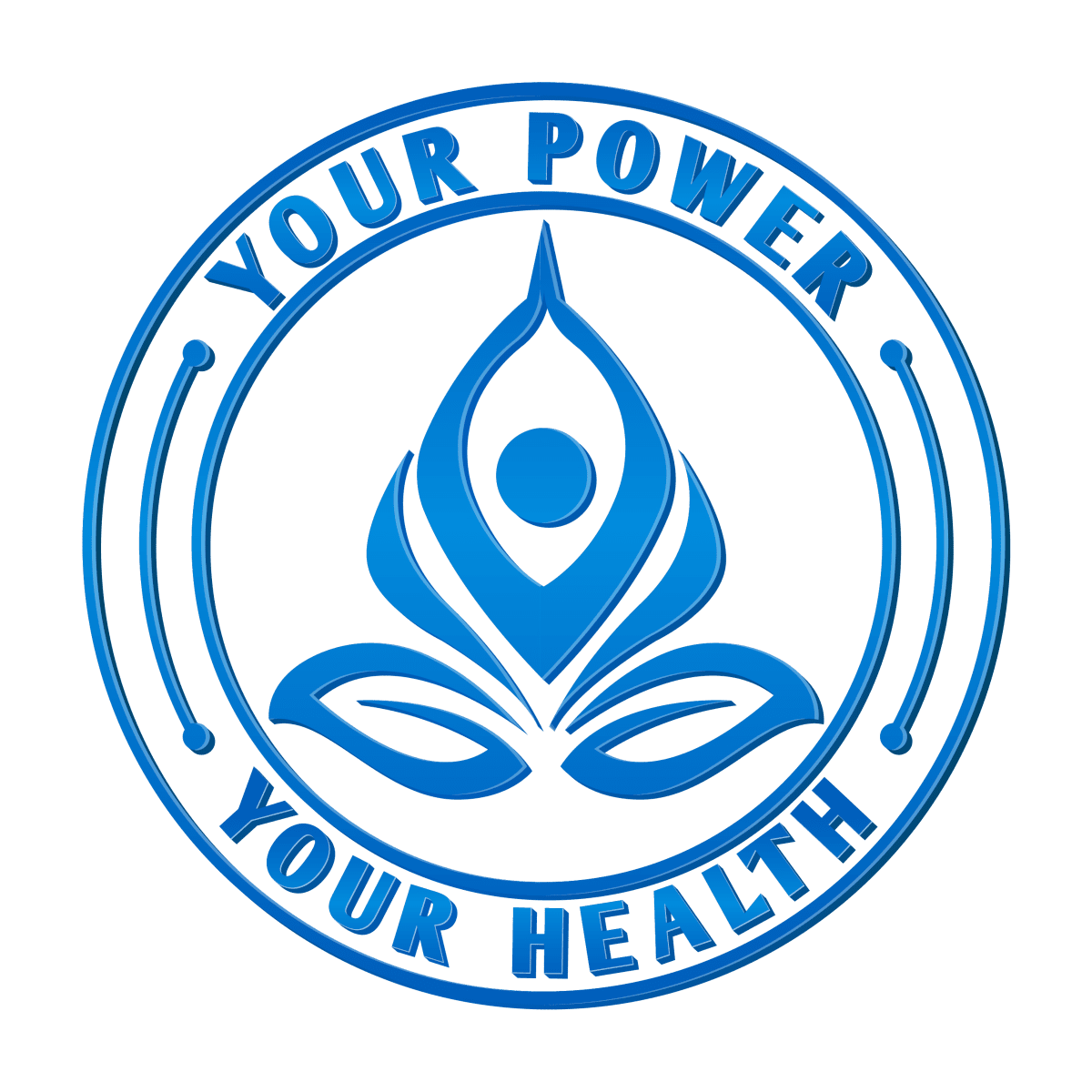We’ve all experienced intense cravings for certain foods from time to time. While the objects of our desires may seem random, specific physiological mechanisms exist behind food cravings. Understanding what’s going on in your brain and body can help you better manage unhealthy cravings.
Here are some of the main physiological causes of food cravings:
Nutrient Deficiencies
 Cravings can sometimes indicate that the body is lacking certain nutrients. For example, cravings for red meat may signal an iron or vitamin B12 deficiency. When we satisfy those deficiencies, we may see the cravings diminish or even go away completely.
Cravings can sometimes indicate that the body is lacking certain nutrients. For example, cravings for red meat may signal an iron or vitamin B12 deficiency. When we satisfy those deficiencies, we may see the cravings diminish or even go away completely.
Hormonal Changes
Fluctuations in hormones, such as during the menstrual cycle, pregnancy, or menopause, can trigger intense cravings for specific foods. This is partially due to hormones influencing neurotransmitters that regulate appetite. During specific times of your cycle, different hormones are dominant vs. other times. Each hormone cycle requires certain nutrient support in order to be fully optimized. The cravings you experience are likely reflective of those nutritional needs.
Blood Sugar Fluctuations
 When blood sugar drops, it can trigger cravings for sugary foods as the body tries to restore balance. People with conditions like diabetes are prone to these types of cravings, but anyone who has blood sugar issues can have the experience.
When blood sugar drops, it can trigger cravings for sugary foods as the body tries to restore balance. People with conditions like diabetes are prone to these types of cravings, but anyone who has blood sugar issues can have the experience.
 Addiction-Like Brain Responses
Addiction-Like Brain Responses
Foods high in sugar, salt, and fat can activate the brain’s reward system in a similar way to addictive substances such as cocaine and heroin. Over time, this can reinforce cravings and drive people to over consume these palatable foods. And much like a drug response, it takes more and more of the addictive substance to achieve the same dopamine response as the first time.
Conditioned Responses
The brain can associate certain foods with pleasure, comfort, or particular activities and locations. This Pavlovian response causes cravings when exposed to those associated cues. For example, when I smell Toll House cookies baking, it reminds me of my grandmother’s house. Our sense of smell is closely associated with our taste buds and cravings.
 Stress and Emotions
Stress and Emotions
Stress and difficult emotions disrupt hormones and brain chemicals that influence appetite. People often crave sugary or fatty “comfort foods” to relieve stress.
By understanding the physiological roots of cravings, people can better identify ways to manage and overcome unhealthy cravings through diet, lifestyle, and other changes.
Want to hear about my Crowd Out the Bad Method to Conquer Cravings, Lose Weight, and Avoid Diabetes? Take the First Step with a FREE Consultation and Learn from My 135-Pound Victory Over Pre-Diabetes!

 Addiction-Like Brain Responses
Addiction-Like Brain Responses Stress and Emotions
Stress and Emotions




